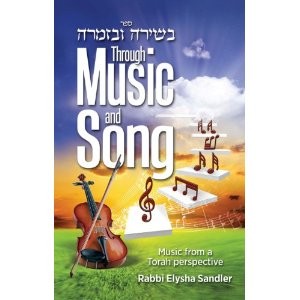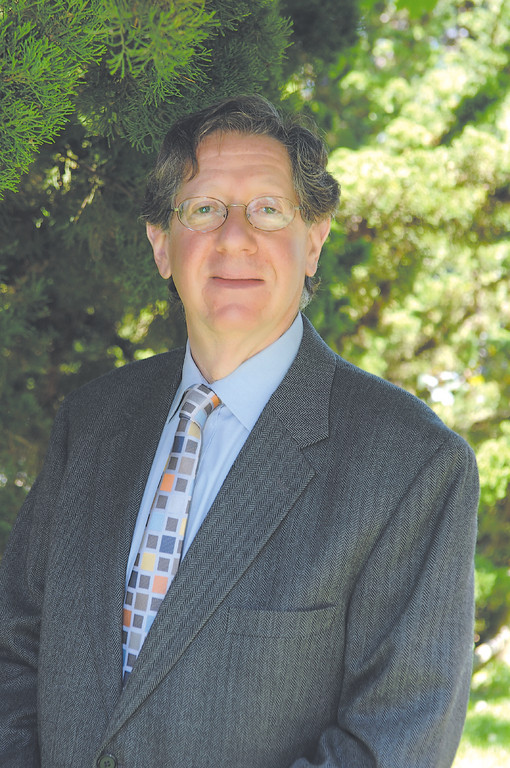The Kosher Bookworm: Part Two: Shabbat Shirah and the Jewish Spring
According to Dr. Rachel Kolander of the Department of Music of Bar Ilan University,”The Hebrew word shirah has three meanings:
poetic writing,often incorporating rhyme and having a specific, known meter;
musical vocal production, combining acoustic parameters and textual meaning;
instrumental musical production.
“When the Red Sea was parted it appears that all three meanings of the word – words, voice, and instruments – came together as one, to express the inner joy, spiritual elation, and divine revelation experienced by each and every person who came out of Egypt.”
Thus from the very beginning of our people’s existence, music played a decisive and defining role. To this day, that very song, Az Yashir is recited in the daily morning service of our people.
This coming Shabbat we recite the Torah reading for the conclusion of the Exodus experience, the parting of the Red [or Reed] Sea. According to tradition, this Shabbat also is the harbinger of spring, a season that is most welcome by all for its spirit of optimism, liberation and….. song.
Recently, one of our community’s most gifted and respected educators, Rabbi Elysha Sandler of Mesivta Ateret Yaakov penned a most unusual and informative work entitled, “Through Music and Song: Music from a Torah Perspective” [Israel Bookshop Publications, 2011] wherein are described in clear language the power of music in the Jewish religious tradition that includes the songs of Shabbat and the tunes of tefillah, prayer. It is to this later part of this work which will serve as the focus for this week’s review.
Setting the tone for this book we read from Rabbi Naftali Jaeger’s gracious michtav brachah the following teaching from Rav Yitzchak Hutner of blessed memory.
“….although people are lazy by nature, we nevertheless see that through music they begin to move and even dance. This is because music is vested with the power to ‘liven’ a person.”
Such is the regard that our religious tradition invests music, that being the all powerful motivator for the enhancement of our liturgy and of our understanding of its meaning and purpose.
According to Rabbi Sandler, “Song occupies a prominent place in traditional teffilah. In some communities, there are select sections of the prayers that are sung or chanted in unison by the entire congregation, while others prefer to listen to them intoned by the leader, chazzan, or choir. This is in addition to the customary sing-song to which virtually all the teffilos are recited by the individual members of the congregation themselves…. Where does this stem from ? What is its role?”
It is to these last two questions that Rabbi Sandler so eloquently answers by teaching us a precious chapter of our religious tradition; the art of proper prayer, and the real meaning and practice of responsible singing during the sacred service in shul.
The tunes utilized at the various points during the services are detailed in terms of their significance in their roles at enhancing our understanding and thus concentration of the meaning of the text and the basic definition of the purpose of the worship service. No theatrics are tolerated here, music is designed for the prayer text, not for lyrics in some theatre production or musical show. This is the bottom line theme and core teaching of this valuable sefer.
Rabbi Sandler focuses his attention in this moving part of his work on what truly constitutes legitimate music and song within the essence of teffilah, and the joyous reception that should envelop the worship experience.
Lastly, the role of the leader or shliach tzibbur is detailed in terms of both voice quality as well as spiritual competence of the leader of the service.
All of the above are detailed with relevant citations, quotes and numerous anecdotals that serve to further buttress the rabbi’s teachings. Further,all Hebrew citations are translated into a clear English throughout this work.
Rabbi Jonathan Sacks, the British Chief Rabbi, and a gifted translator and interpreter of our liturgy in his own right once said, “Prayer is not magic. It does not bend the world to our will; if anything it does the opposite. It helps us notice the things we otherwise take for granted. It redeems our solitude. It gives us a language of aspiration, a vocabulary of ideals. And seeing things differently, we begin to act differently. The world we build tomorrow is born in the prayers we say today…..Starve a body of food, and it dies. Starve a soul of prayer and it atrophies and withers . And sometimes prayer is all the more powerful for being said in words not our own, words that come to us from our people’s past, hallowed by time, resonant with the tears and hopes of earlier generation, words that gave them strength and which they handed on to us to use and cherish.”
Hopefully, these wise and perceptive words by Rabbi Sacks will serve to help effectively frame the teachings of Rabbi Elysha Sandler as contained in his new book and thus encourage you to consider his work for a presence in both you homes and shul libraries.

 61.0°,
Mostly Cloudy
61.0°,
Mostly Cloudy 







